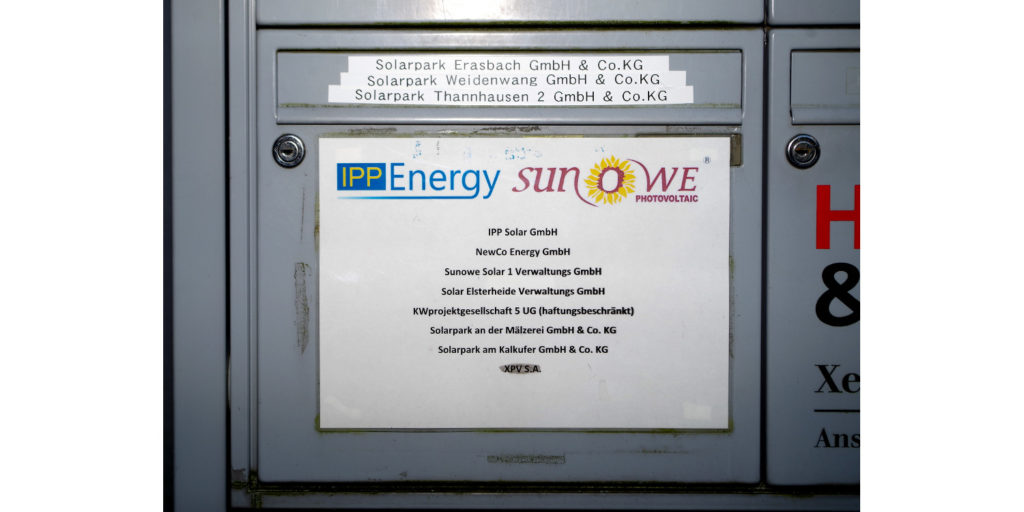From pv magazine Germany
In October 2017, German customs authorities “discovered a fraud cartel with solar modules,” according to their own statements. Among others, a local county politician from the district of Erlangen-Höchstadt was also arrested. Management and employees of the photovoltaic group Sunowe of Nuremberg are suspected of having evaded a good €20 million in anti-dumping and anti-subsidy tariffs, while also circumventing the minimum import price (MIP) for crystalline solar modules from China since December 2013.
Although the trial against the six defendants, including the county council member, began in March and trial dates were set for July 11, the Nuremberg Law Office announced on July 2 that the trial was unexpectedly suspended.
The office said that it was suspended due to the fact that the customs investigation office had failed to submit evidence of the alleged crimes within the requested deadline.
Defense attorney Alexander Rumpf from Dannenfeldt & Rumpf Attorneys at Law speaks of a “poor prosecution failure” as both the Nuremberg prosecutor's office and the customs offices were unable to provide registration documents from the Netherlands, through which solar modules were allegedly smuggled into Germany. The defendants have already been in custody for up to 1.5 years, he told pv magazine.
The consequence is that now “the procedure must start over completely again.” According to Nuremberg's justice spokesman Friedrich Weitner, the process should start again at the earliest in winter.
The trial is investigating two women and four men who worked for the German subsidiary of the Chinese photovoltaic manufacturer. According to the prosecutor, the politician is denying the allegations, while three of the defendants have confessed. More specifically, the director of Sunowe is accused of importing Chinese solar modules below the minimum import price and concealing this from the customs authorities. Three employees of the company are said to have supported the accused in the deeds. In addition, two customers of the company are accused of having bought the smuggled solar modules below the minimum import price.
The European Union introduced the MIP in December 2013, to replace anti-dumping and anti-subsidy tariffs for PV modules from China. Companies that have violated the provision of the undertaking were exempt from the agreement by the EU Commission and had to pay tariffs. “Only companies that have committed to stay above a minimum import price, can be exempted from paying additional customs and duties” argues the prosecutor in its 271 page indictment.
This September, the EU Commission announced the removal of MIPs. Nevertheless, crimes of the past are still liable for prosecution. “An economic crime chamber of the district court Nuremberg-Fürth will now have to decide if the indictment is enough to open trial,” said the prosecutor.
By Heinz Wraneschitz and Sandra Enkhardt
This content is protected by copyright and may not be reused. If you want to cooperate with us and would like to reuse some of our content, please contact: editors@pv-magazine.com.



By submitting this form you agree to pv magazine using your data for the purposes of publishing your comment.
Your personal data will only be disclosed or otherwise transmitted to third parties for the purposes of spam filtering or if this is necessary for technical maintenance of the website. Any other transfer to third parties will not take place unless this is justified on the basis of applicable data protection regulations or if pv magazine is legally obliged to do so.
You may revoke this consent at any time with effect for the future, in which case your personal data will be deleted immediately. Otherwise, your data will be deleted if pv magazine has processed your request or the purpose of data storage is fulfilled.
Further information on data privacy can be found in our Data Protection Policy.